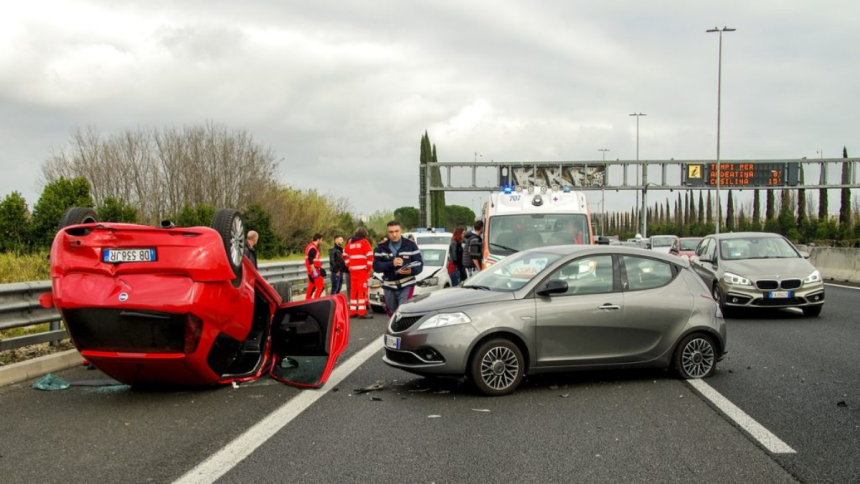Who pays for a car accident? That depends on how the accident played out. Did it involve a truck? Was it a multi-vehicle collision? Were you drunk when you got into an accident? Depending on the answer to those questions and more, different parties can be held liable.
In order to determine who’s at fault for a car accident, it’s best to get legal assistance. A lawyer’s knowledge of car accident liability, state laws, defenses perpetrators can use, etc., is important in handling a car accident claim. You may even be able to claim benefit coverage after a car accident, provided you submit the right evidence.
Who Pays for a Car Accident?
The Driver at Fault
In a car accident, it is most often the driver who caused it who is held responsible. For example, if a driver ran a red light and crashed into another car at an intersection, that driver is responsible for paying the damages. The driver’s insurance company will pay for things like medical bills and the cost of repairs.
The Driver’s Employer
When there is a truck or a company-owned vehicle involved in an accident, the company can be held responsible for a number of reasons. For example, if they failed to perform adequate maintenance on the vehicle, causing it to crash, or if they forced their employees to work overtime, causing them to make a mistake, the company could be held liable for the accident.
Companies are required to follow certain regulations when hiring employees and how they assign work, and failing to stick to those rules can result in them being held liable for accidents. For example, truck companies are expected to adhere to strict hours of service regulations, which limit how long drivers can stay on the road. This is to prevent accidents due to fatigue.
Your Insurance Company
Everybody is required to have insurance protection, and when the driver at fault is underinsured or not insured, your insurance can cover the damages for you. This is called uninsured motorist coverage. Car accident law varies by state, and if you were partially responsible for the accident, you could be required to pay for part of the damages.
Third Parties
Finally, third parties, like vehicle manufacturers, the government, or the owner of the vehicle, can be asked to pay for damages if they are found to be at fault. For example, if the road was badly maintained and caused an accident due to potholes, improper signage, or other issues, the government can be sued.
During the investigation, if a manufacturing defect is found to have caused the problem, like an engine defect or an electrical malfunction, the manufacturer can be asked to pay for damages. Another common example is the owner of the car lending it to a friend who causes an accident. The owner can be held liable through a concept called vicarious liability.
Damages You’re Eligible For
Medical Bills
The damages that victims can claim compensation for range from medical bills to psychological damage. Car accidents are expensive to deal with and can leave people with multiple injuries that may require surgery to recover from. Any medical bills resulting from the accident, including the cost of emergency treatment, medication, surgery, and rehabilitation, are covered by liability laws.
Loss of Pay
Next, victims may have to take time off work to recover from their injuries. Unfortunately, not all employers will give them paid time off, or their sick leave may only cover a few days off. Victims can claim compensation for the lost pay, and an amount equal to the money they would’ve made is typically paid out.
Pain and Suffering
Another compensation victims of car accidents are entitled to is for the mental anguish they suffered due to the car accident. People can develop phobias in the aftermath, which they can sue for. Compensation is typically awarded based on a number the court decides on.
Lynn Martelli is an editor at Readability. She received her MFA in Creative Writing from Antioch University and has worked as an editor for over 10 years. Lynn has edited a wide variety of books, including fiction, non-fiction, memoirs, and more. In her free time, Lynn enjoys reading, writing, and spending time with her family and friends.















